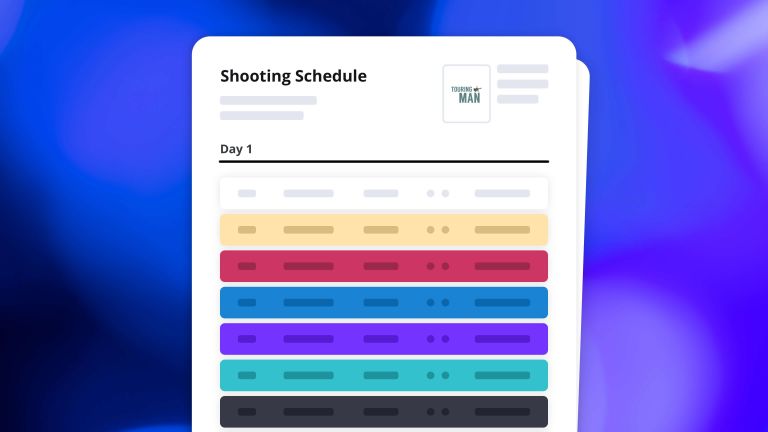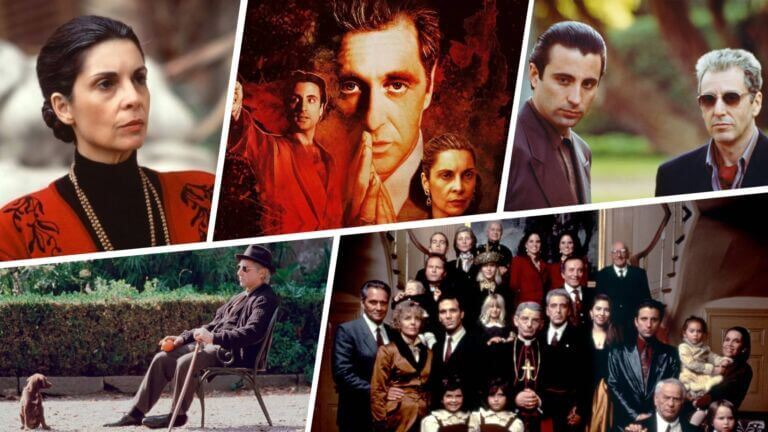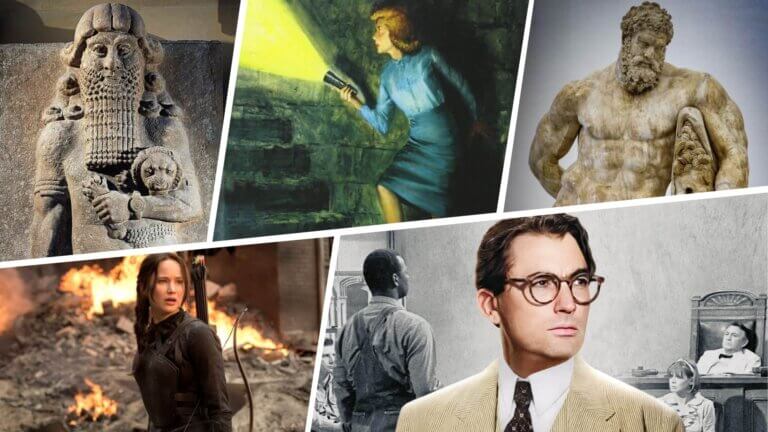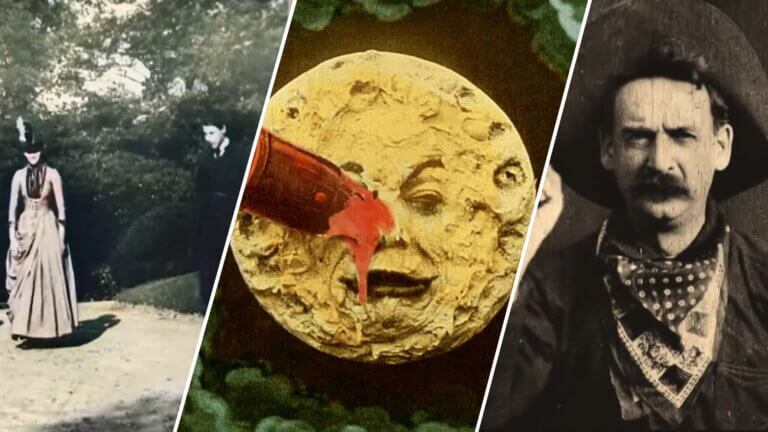Cast. Props. Animal Trainers. Child Actor Trainers. They’re all production elements that make up a scene breakdown sheet. Now we’re going to dive into the details and guide you through the complex process of sorting and categorizing your script breakdown elements. Is sound the same as music? Where does set dressing end and props begin? Don’t fret. We’ve broken down how to identify the most common production elements below. How to break down a script for film production scheduling starts with a thorough understanding of production elements.Continue reading The Complete Guide to Mastering Script Breakdown Elements
Sixty-one percent of businesses use explainer videos to market their products and services. An educational video can also be a powerful tool for training, instruction, or knowledge sharing. But how do you start from scratch? Writing a screenplay for YouTube ensures your message is clear and engaging from the beginning. By following these rules and using our explainer video script template, your client’s product won’t just be well explained—it’ll also captivate them. The right script template for video helps you maintain structure while ensuring your messaging stays clear.Continue reading How to Write a Buzzworthy Explainer Video Script
What exactly goes into a call sheet? Which producers’ names go on top? Where do you put the parking details? Is the lunch menu listed? Fret not, gentle reader. Here is everything you need to know about how to make a call sheet for film and television productions. In this article (and videos), we break down all the components that should be included and best practices to follow. Continue reading How to Make a Call Sheet for Film & TV (Free Example)
You might be pretty familiar with the filmmaking process, but there’s a chance you still might be asking yourself, “What is a shooting schedule?” That’s okay. Unless you’re on the production side of things, you may have never encountered this term. Today, we are going to answer that question and go through some shooting schedule example breakdowns and helpful tips for when you have to make your own. Let’s check it out!Continue reading What Is a Shooting Schedule — And Why You Need One
Parallelism, or parallel structure, is a grammar style that ensures linguistic clarity. We’re going to explore parallelism examples from writing with the goal of better understanding parallel structure. By the end, you’ll know how parallelism works, and how to implement it in your writing. Tip: that last sentence was an example of parallelism in action!Continue reading Parallelism Examples — Writing, Speeches, Shakespeare & More
In 1990, Francis Ford Coppola released the third installment in the universally acclaimed Godfather series: The Godfather Part III. But unlike its predecessors, The Godfather Part III was anything but universally acclaimed. In late 2020, Ford Coppola released a recut version of The Godfather Part III, titled The Godfather Coda The Death of Michael Corleone. We’re going to look at what we can learn from The Godfather Coda by comparing it to the original cut. We’re going to analyze pacing, audio enhancements, and structural differences with the intent of better understanding the final chapter in the Corleone crime family.Continue reading The…
What is an anecdote? In simplest terms, an anecdote is a short story that illuminates a nuanced facet of a greater subject matter. We’re going to break down anecdotes by looking at their definition — and anecdote examples in film and literature. By the end, you’ll know how to recognize and implement anecdotes in your own works.Continue reading What is an Anecdote — Definition, Examples, and Functions
What is a hero? Heroism is a concept we’re taught at a very young age. But is the definition we’re taught really accurate? Today, we’re going to explore the hero definition in a new light by looking at examples in psychology, film, and literature. By the end, you’ll know what makes a hero, and how to make your own characters heroic. Continue reading What is a Hero — Definition, Examples & Types Explained
At one point or another, we’ve all asked the question: what was the first movie ever made? Was it the one with the train robbery? Was it the one where the moon had a face? Both The Great Train Robbery (1903) and A Trip to the Moon (1902) were early examples of movies, but neither was the first one. We’re going to answer the ever-so-elusive question to “what was the first movie ever made?” by placing it in historical context. By the end, you’ll know what the first movie ever made was and some fun facts about the early years…
Long ago, when all television screens and computer monitors looked alike, they shared the same aspect ratio of 4 by 3. It dominated the way early cinema and television looked, but it was not meant to last. In the 21st century, new and emerging technology has resulted in more aspect ratios, like 16:9, leaving 4:3 as somewhat of a relic. But what is 4:3 aspect ratio, how did it get started, and why has it started popping up again in some movies? Continue reading What is 4:3 Aspect Ratio — And Why Do Filmmakers Still Use It?









